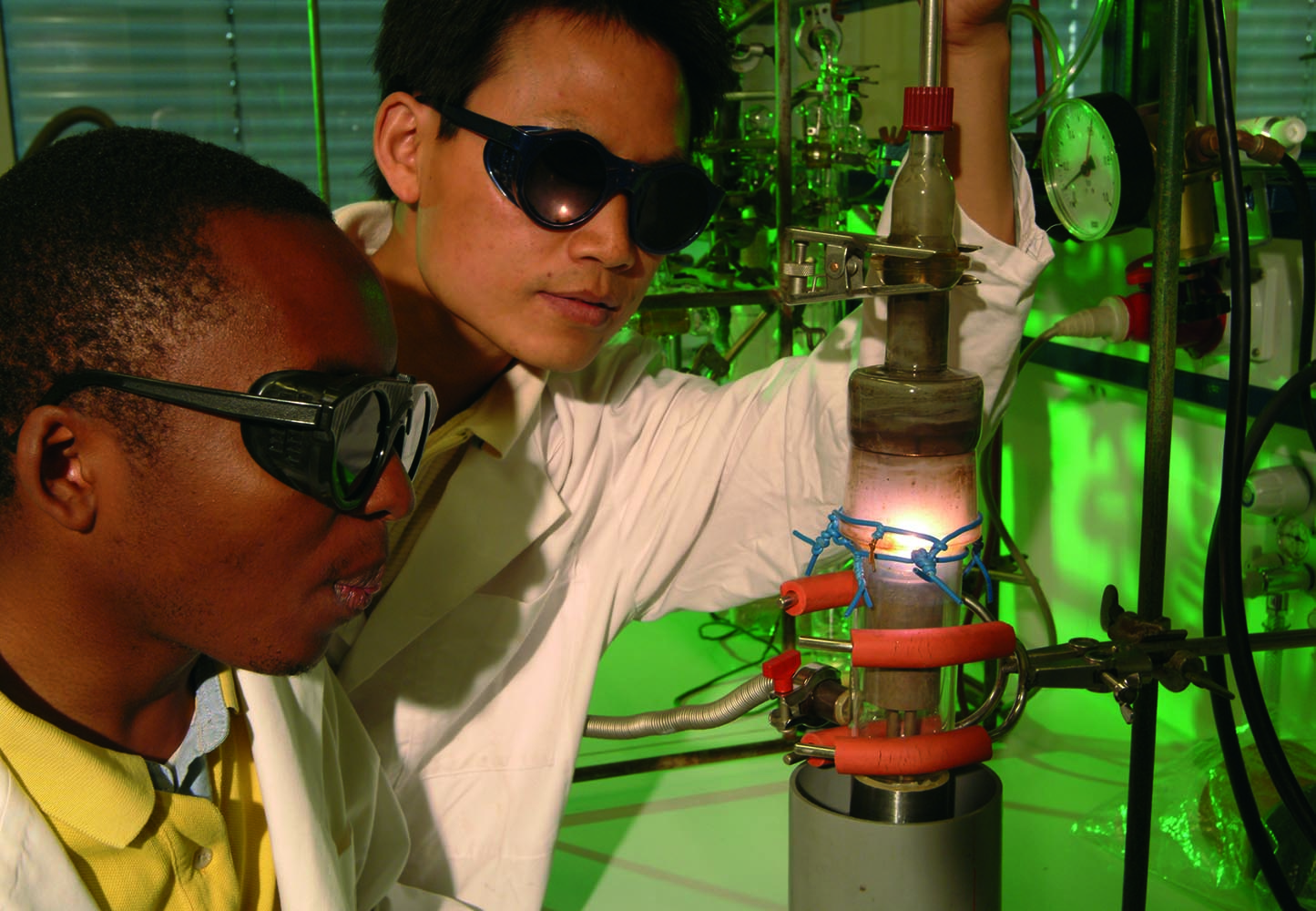
HyFiT synthetic fuels promise carbon-neutral transportation
Researchers from RWTH Aachen University, the Max Planck Institute for Chemical Energy Conversion, and ETH Zurich have unveiled pioneering advancements in synthetic fuels that could revolutionise clean transportation. The study, recently published in Nature Energy, a prominent scientific journal that focuses on research related to energy, presents HyFiT fuels as a promising solution for sustainable transportation.
The title of the study is “Towards Carbon-Neutral and Clean Propulsion in Heavy-Duty Transportation with Hydroformylated Fischer-Tropsch Fuels.”
Hydroformylated Fischer–Tropsch (HyFiT) fuels, composed of optimised alkane–alcohol blends, address several central challenges faced by current synthetic fuels. These advanced fuels are designed to close the carbon cycle by utilising biomass or carbon dioxide as raw materials. The process employs scalable and mature technologies, ensuring a sustainable and versatile approach to fuel production.
This innovative method combines two chemical processes—Fischer-Tropsch synthesis and hydroformylation—using synthesis gas (carbon monoxide and hydrogen), which are already widely used in industry. Hydroformylation, also known as oxo synthesis or oxo process, is a chemical reaction that involves the addition of a formyl group (CHO) and a hydrogen atom to a carbon-carbon double bond (C=C) in an olefin (alkene) to form an aldehyde. This process is widely used in the chemical industry to produce aldehydes, which can then be further processed into alcohols, acids, or other chemicals. By sourcing this gas from biomass, CO2, or waste and using renewable energy, the production process can be made completely free of fossil fuels.
The HyFiT fuel production process integrates mature technologies in a new design framework, allowing for quick deployment. The resulting HyFiT fuels match or exceed the carbon efficiency of previous FT fuels, especially for bio-based routes. The yields of up to 83% at CO conversions above 95% are comparable to or better than current methods for producing C2–C5 alcohols using modified FT synthesis catalysts.
Experimental results showed that HyFiT fuels comply with global fuel standards and are compatible with existing vehicle infrastructure. This compatibility extends to established sealing materials, enabling seamless integration into the current vehicle fleet and paving the way for immediate and broad adoption.
Tests on a light commercial vehicle revealed that HyFiT fuels produce significantly fewer particles and nitrogen oxides during combustion compared to conventional diesel. This marks a significant step towards reducing vehicular emissions and improving air quality. Furthermore, a well-to-wheel life cycle assessment demonstrated that HyFiT fuels can achieve net-zero greenhouse gas emissions, making them a solid complement to electrification, especially for heavy-duty, long-distance transport.
The work was performed as part of the Cluster of Excellence EXC2186 ‘The Fuel Science Center’, which is funded by the Deutsche Forschungsgemeinschaft (DFG, German Research Foundation) under Germany’s Excellence Strategy (no. 390919832; S.V., M.N., B.L., M.H., K.S., S.P. and W.L.). The study was funded from the Carbon2Chem project (03EK3042C; M.B.) by the German Federal Ministry of Education and Research (BMBF) and from the Swiss Federal Office of Energy’s SWEET programme as part of the project PATHFNDR (A.B.).
For more information and to read the complete study, click here.














